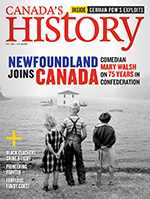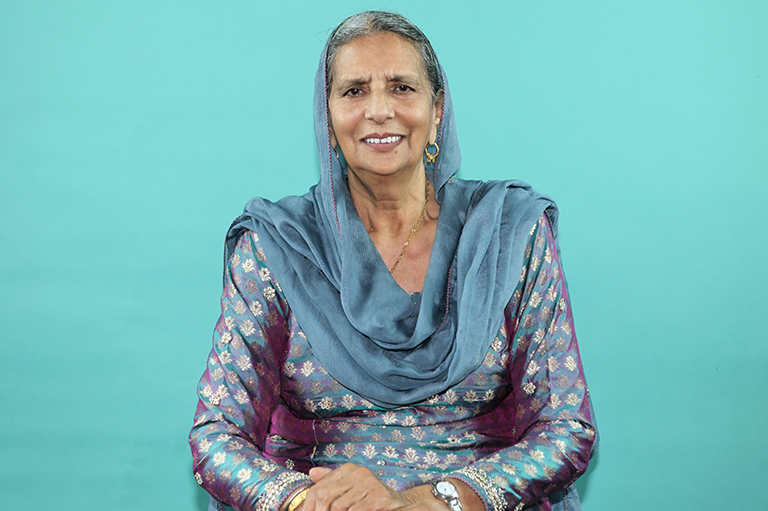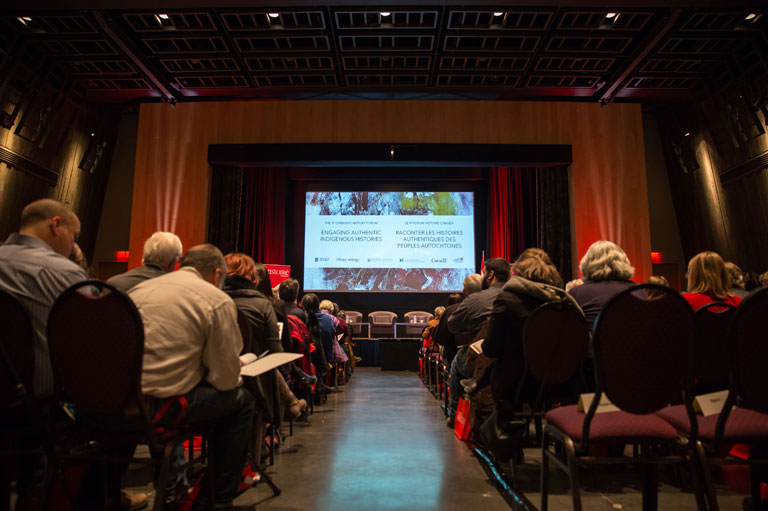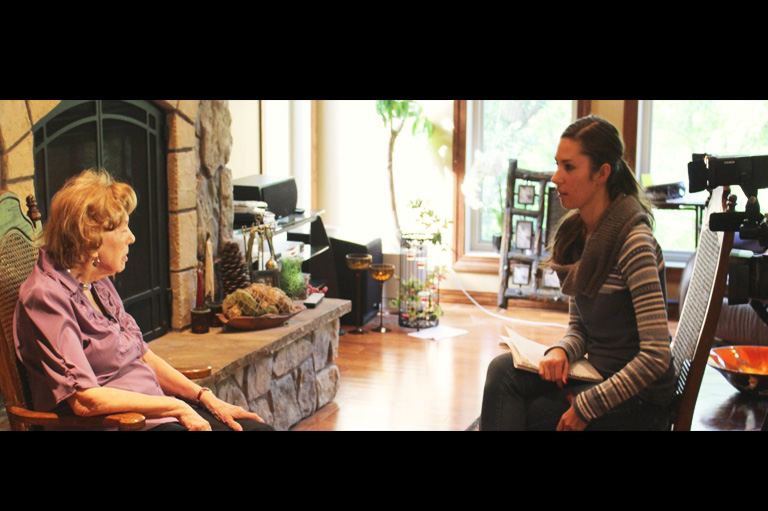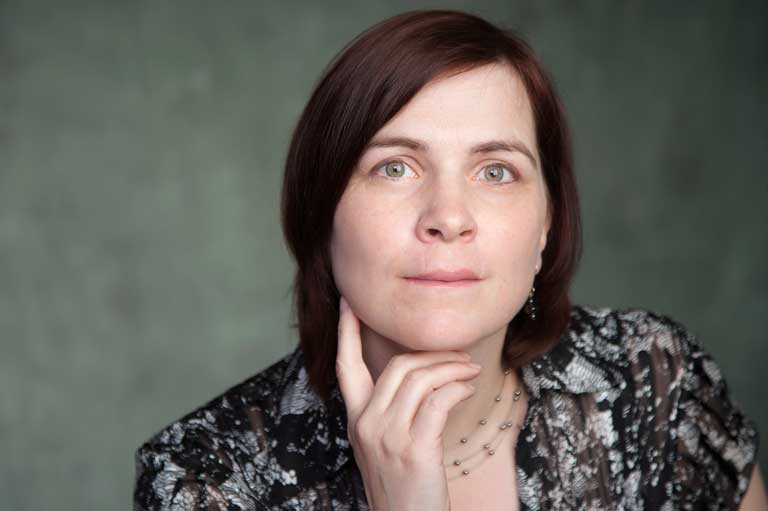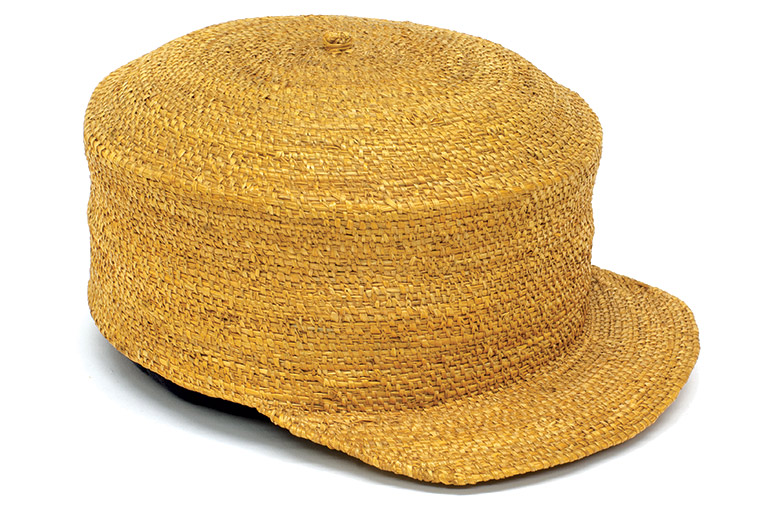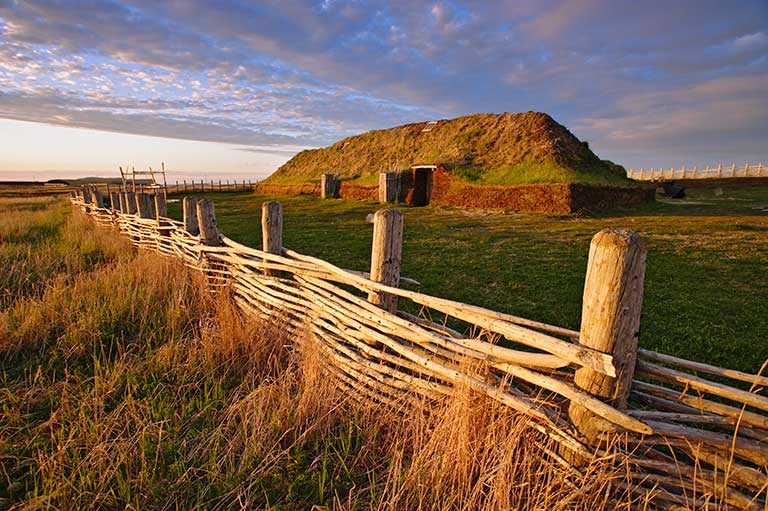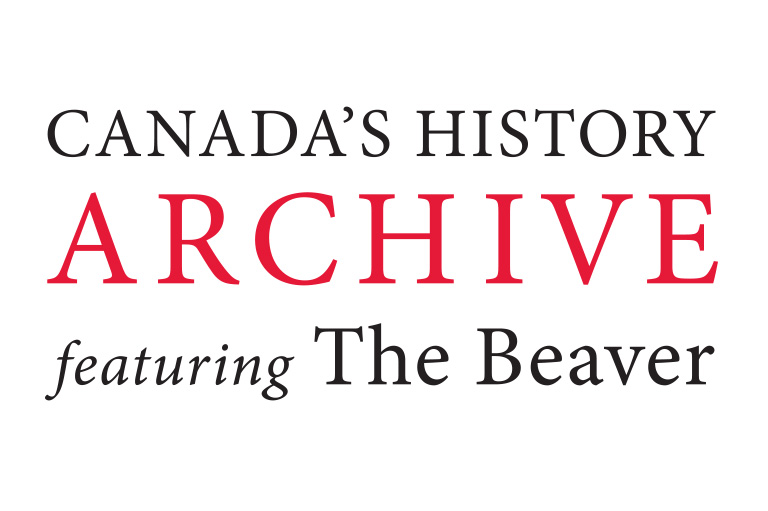Discover a wealth of interesting, entertaining and informative stories in each issue, delivered to you six times per year.
Oral History Centre Opens at University of Winnipeg
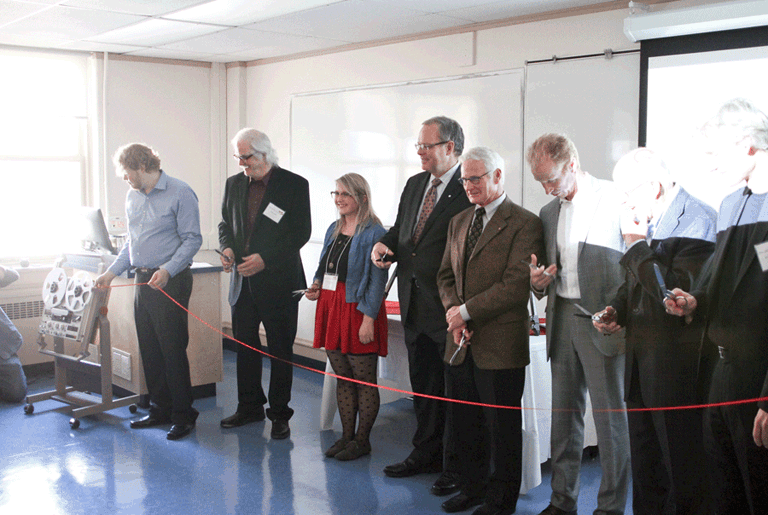
On the evening of May 7th 2013, ten years of hard work and persistence paid off for historians Nolan Reilly and Alexander Freund as they officially opened the doors of the brand new Oral History Centre at the University of Winnipeg.
“Ten years since Freund and Reilly’s original vision has required assistance from many different areas of expertise. The opening of the centre has been a collaborative effort from so many people,” says Kent Davies, audio technician at the Oral History Centre.
To commemorate the inauguration, a grand opening celebration was held at the new facilities on the Second Floor of Bryce Hall at the University of Winnipeg. The evening consisted of speeches and displays of past and present oral history projects done by students, community groups and researchers. The night also featured the unveiling of the soundproof interview room and media lab.
Oral history refers to both a method of interviewing and to the social movement associated with democratizing history. Reilly and Freund feel that oral history can help make heard the voices of those who are not normally written about in history book or found in government archives.
“It’s a fascinating field that is both interdisciplinary and international,” says Freund.
Related: Watch Alexander Freund's presentation from the 2011 Canada's History Forum
The studio space, technical equipment and support are now available for use by members of the university and community free of charge.
“Newcomers that don’t see themselves in the existing Canadian narrative can use oral history to preserve their memories, as a way to ensure that future generations will know their stories for years to come,” says Davies.
In 2005, Reilly and Freund took over the Oral History Forum and the Canadian Oral History Association as a response to government cut backs in the 1990s. This was all apart of a long journey to get where they are today.
“When I came to Canada eleven years ago a lot of Canadians were doing oral history but they were not connected to the larger debates in the field,” says Freund. “ We wanted to create a centre to allow Canadians to do it right. We wanted to create something lasting at the university.”
The Oral History Centre is part of the H. Sanford Riley Centre for Canadian History and is supported by generous donations made possible through The University of Winnipeg Foundation.
“We’re losing people’s history because everything has become digitalized. In the future, historians may no longer be able to rely on diaries, letters and written text as evidence. In a new technological world, oral history can help the discipline adapt to changing societal trends,” says Davies.
The Oral History Centre at the University of Winnipeg is one of two institutions of its kind in the country and is unique in Western Canada.

